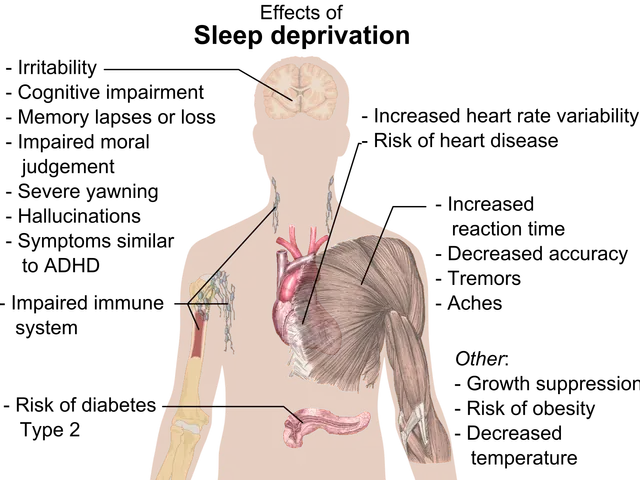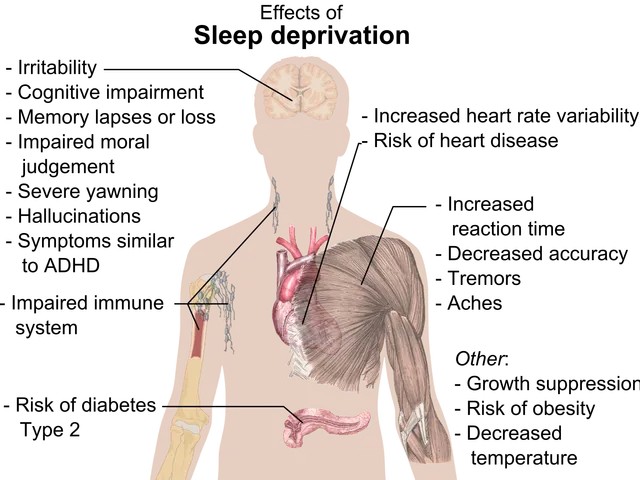Sleep Apnea Management: Weight Loss, Devices, and Surgery
Sleep apnea, a common disorder affecting millions worldwide, can be managed through various methods. Weight loss, custom ortheses, and breathing machines are among the options available, especially for those who are overweight or obese. Surgery is also an option for children, with specialized doctors providing tailored care.
Weight loss can significantly reduce sleep apnea symptoms, particularly for those carrying excess weight. A doctor may prescribe a custom-made jaw-advancing orthesis, partially reimbursed, to aid in managing the condition.
Untreated sleep apnea can lead to non-restorative sleep, headaches, libido issues, and decreased energy levels. For severe cases, a breathing machine can be life-saving, reducing the risk of sleep apnea-related deaths by 40%.
Sleep apnea also contributes to cardiovascular diseases, including high blood pressure, heart arrhythmias, heart attacks, and strokes. In children, surgery may be necessary, with pediatric otolaryngologists (ENT surgeons) often leading the treatment. They may remove large tonsils or nasal vegetations, or place a small tongue-repositioning implant. In complex cases, pediatric specialists and sleep medicine experts may also be involved, ensuring individualized care.
Weight loss, custom ortheses, breathing machines, and surgery are all viable options in managing sleep apnea. Early intervention and personalized care can minimize the risks associated with this disorder, including cardiovascular diseases and reduced quality of life.







